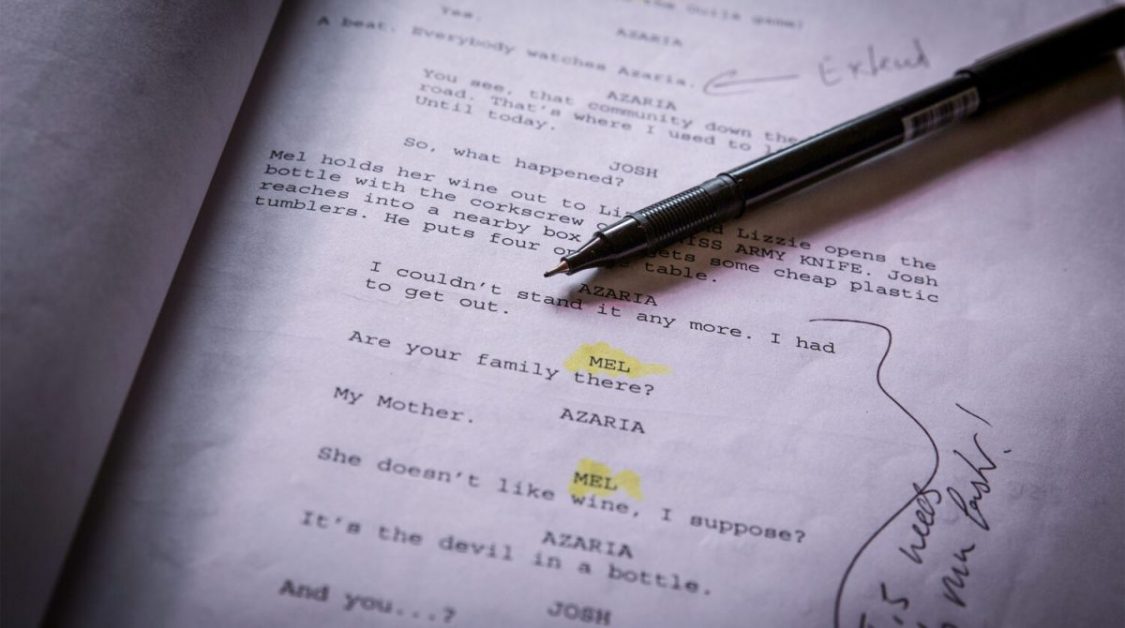
Scriptwriting Tips: Basic Tips Screen Writing
Tips for Screenwriters: Basic Tips Screen Writing

Scriptwriting
Scriptwriting is quite different from writing a short story or novel. Scriptwriters don’t have the opportunity to start with a slow introduction; the initial minutes of the script must be gripping. Below are some tips and tricks that will assist you in writing a gripping story.
While many believe that big-name actors are all they need to make a movie, television show, or play work, they are wrong. A script must be captivating and well-written to be successful, no matter how expensive the cast may be. To make your story the Best Picture of next year, it is essential to understand how to tell a story and the steps needed in the writing process. Implementing these ideas can take your script from the desk to the silver screen in no time!
How to Write a Script
-
Craft your logline.
A one-sentence summary or description of a movie is an integral part of a screenplay. It captures the script’s central elements: the main character, setup, plot points, conflict, and antagonist. The aim is to write a captivating synopsis to draw the reader in, making them more eager to read the entire script.
-
Create an outline
To create a roadmap for the film story, begin by writing down the main events in sequence. Create a system either on one or two pages or using index cards posted on a wall. Use one sentence per event. Use your dramatic question to shape the plot. Create a beat sheet with descriptions.
-
Build A Treatment
Put together a treatment. This should be a more extensive outline with a story-like structure. Treatment is the best way to start if you want to draw attention to your script. It’s also an effective way to check if the story will turn out how you envision it. Your treatment should reflect your vision, so create a detailed world and characters.
-
Write a Screenplay
Writing a successful screenplay takes a great deal of hard work and dedication. Always remember all the rules you’ve heard before. Write in the present tense. Additionally, be sure to adhere to proper formatting. Avoid too much editing while you are writing. Furthermore, let your ideas and movie concepts flow, before structuring them once everything is on the page.
-
Format the Screenplay
Proper screenplay formatting is essential. Thankfully, there are lots of resources to help you with this task. Script templates and screenplay-writing software will help you.
-
Edit Your Screenplay
Rewriting scripts is an excellent way to turn your draft into a professional screenplay before filming begins. It’s a great way to get industry experts’ feedback on revisions and edits. Rewrite your script to make sure everything goes just right.
Learn More About Script Writing
For you to become the best at scriptwriting, you need proper training. Join the Film and TV Production School. Where you will get one-on-one lessons and become a better version of yourself.

0 comments
Write a comment